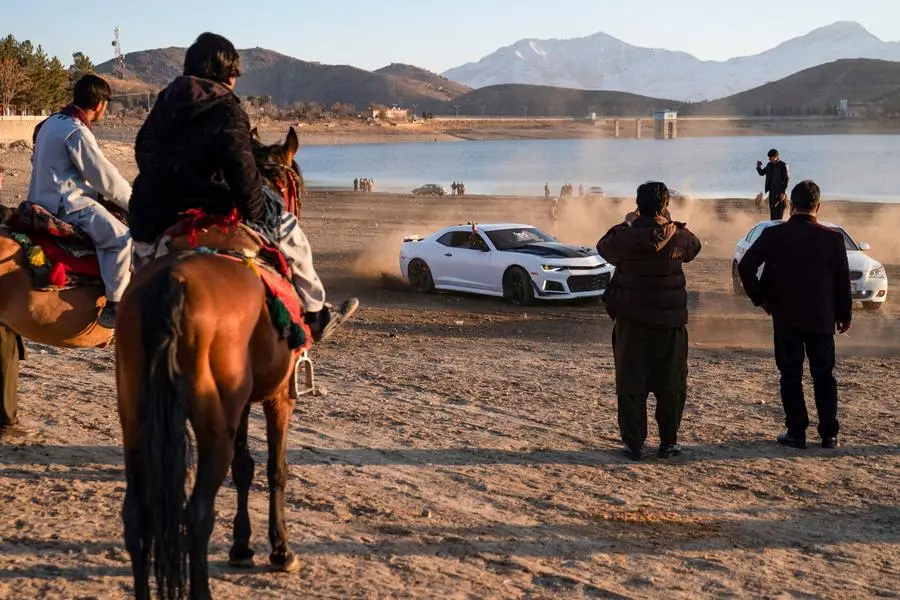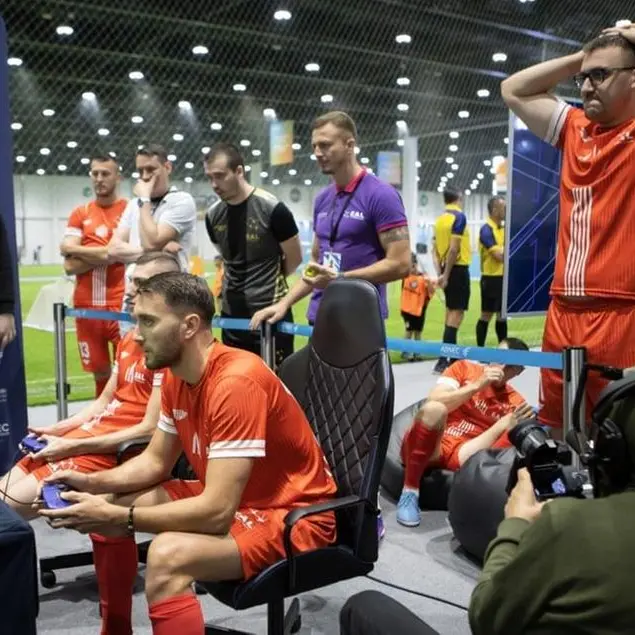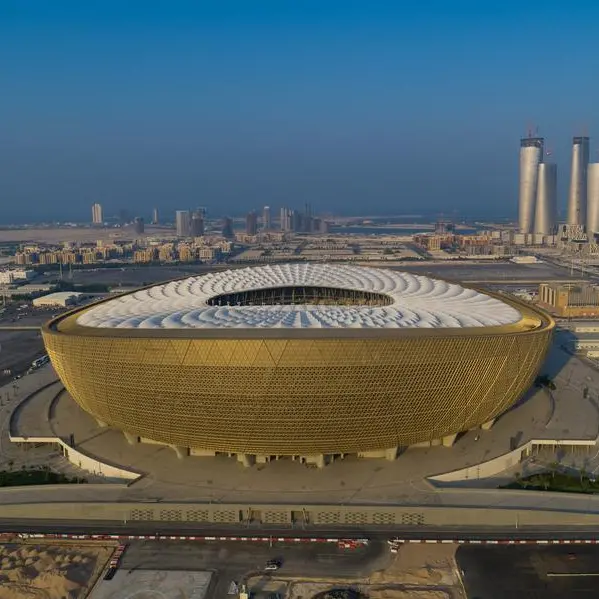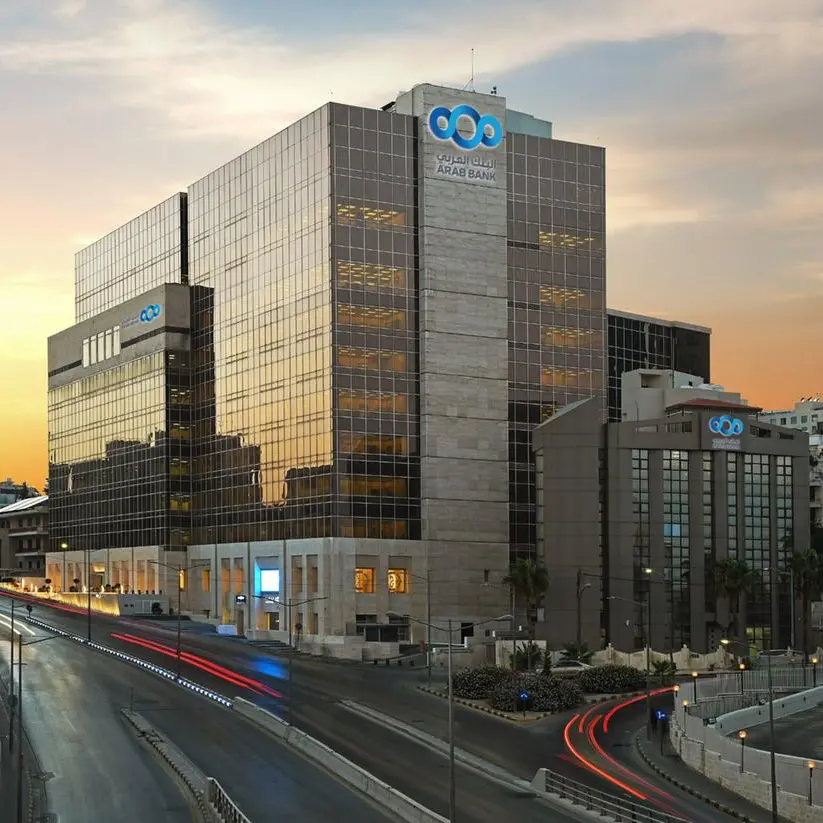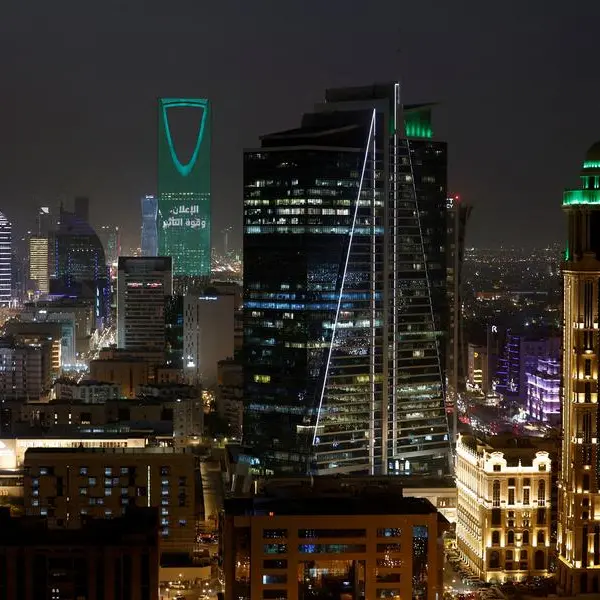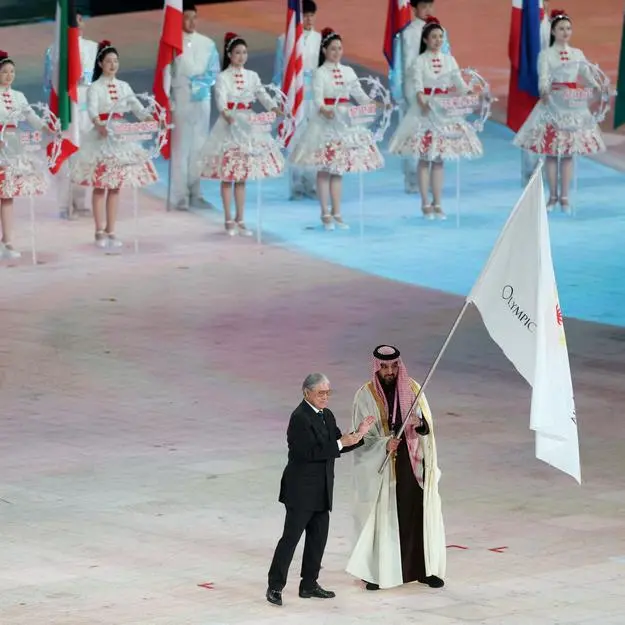PHOTO
Mechanic Zabiullah Momand revs his sports car engine outside his garage in Afghanistan's capital Kabul before letting it settle back to a purr, the cherry red twin-turbo machine pristine in a dented Mercedes Benz skeleton.
"I own the only 2JZ engine in Afghanistan," he told AFP, standing next to the car he modified himself -- a Frankenstein of a gutted Mercedes body, fitted with a canary yellow roll cage and 420-horsepower engine plucked from a Toyota Supra.
A far cry from the ubiquitous Toyota Corollas that clog Kabul's traffic-choked streets, Momand's speedster is part of a fleet of cars imported or modified by a small but growing cadre of motorsports devotees in Afghanistan.
After decades of war, motorists are taking advantage of newfound security to pit their souped-up cars against each other in races, or show off drifting skills.
A community of enthusiasts grew in the past decade, several drivers said, but there has been a leap in interest in the past two years.
While more events are taking place, the venues are a long way from resembling the professional tracks lined with crowds and advertisements that bankroll prizes found in other countries.
"We are short of facilities," said Hashmatullah Rahbar, who started an organisation dubbed the National Sports Car Racing Federation of Afghanistan, which is in the process of being officially recognised by the country's sporting authorities.
In February it hosted its first event, the Victory Cup tournament, in a push to formalise motorsports in the country.
"It is with our own commitment... that we have continued our activities using our personal money so as to not be slowed down in pursuing our goal."
- Curiosity -
The tournament was postponed twice and doesn't have sponsorship or a cash prize, but while Rahbar said there isn't a culture of motorsports yet in the country, curiosity is growing.
"It is my first time seeing such a thing," said Kabul resident Khalid Kaihan, who had stopped with a small crowd to admire the cars when Rahbar and a handful of buddies hit the Kabul streets ahead of the competition to promote the event.
"Sometimes individuals try to race their cars in the streets, but I have never seen an organised programme people could attend."
Wearing a gold hat, a camera-wielding friend sometimes leaning out the window of his silver Chevrolet Camaro, Rahbar performed drifts around a central Kabul roundabout, and carved circles in the dirt next to a lake outside the city.
Horseriders and mendicant children gathered to watch, as well as Taliban members posing for pictures with the cars, AK-47s over their shoulders.
Drivers said they get less bother at the Taliban government's many checkpoints than under the ousted republic.
"They used to call us macho, but now they just call us enthusiasts, they do not give us any trouble," Momand said.
Taliban authorities policed the hundreds-strong crowd that jostled along a blocked off main Kabul road for the first drag races of the Victory Cup event, sometimes swinging sticks to push back eager spectators spilling into the street with their phones out.
A handful of women also cheered on the drivers, as they enjoyed a rare opportunity for leisure in a country where women are broadly excluded from public life.
Eighteen-year-old Zuhal Mohammadi said there was little opportunity for women to get behind the wheel, but that she hoped that might change one day.
"I have been interested (in motorsports) from a young age," she said. "Hopefully, girls can also participate."
- Pricey passion -
Drivers don't get much chance to show off their rides, however. Not only is buying or building powerful cars a pricey passion, just taking them out for a spin is a drain on cash.
"We usually don't drive our cars around much because they are very costly -- they use more fuel than ordinary cars," said sports car owner Amin Sangin.
Their prized possessions often sit idle under corrugated sheds at a plot of land near the airport where Sangin and his friends gather and sometimes drift.
But that hasn't stopped them and other enthusiasts from putting on races and exhibitions in the past two years, often paying thousands of dollars out of their own pockets.
Momand decided not to enter the Victory Cup competition, concerned about the lack of barriers around the ad hoc tracks to keep spectators safe after a recent serious accident left people injured.
That, and he says no one could compete against his twin-turbo.
He prefers to drift and says the money and risk of knocking a new dent into one of his vehicles is worth it.
"When you get out of the car and the spectators cheer like you were the best, it is all that matters for the boys."
